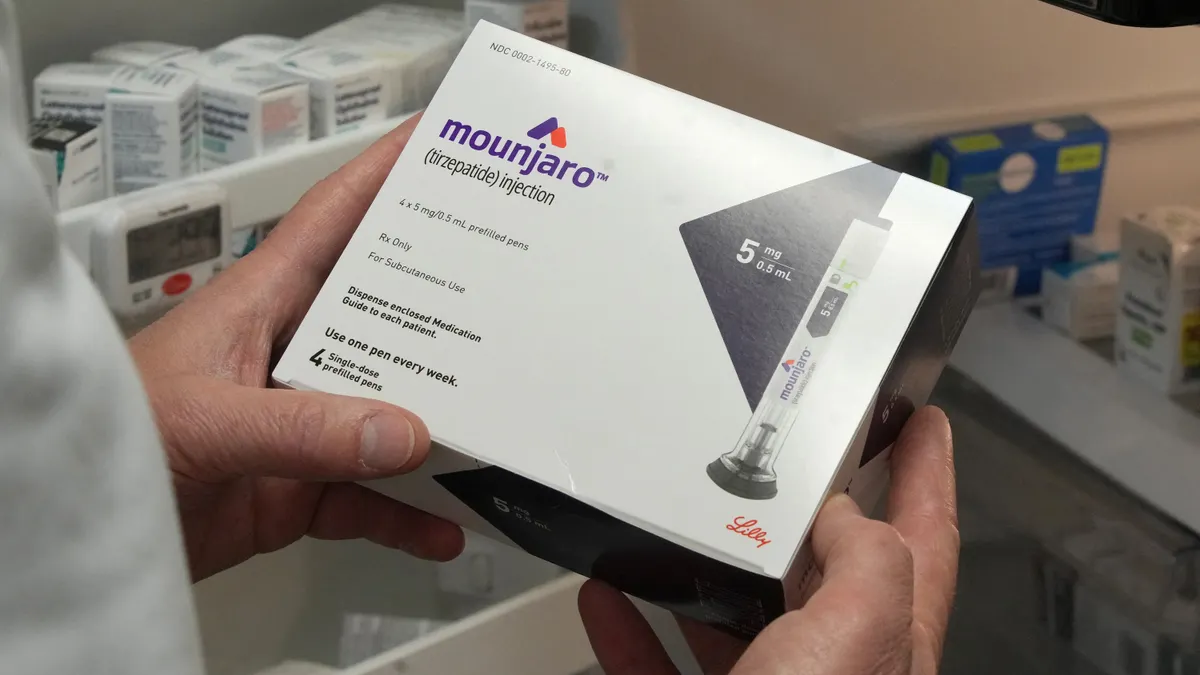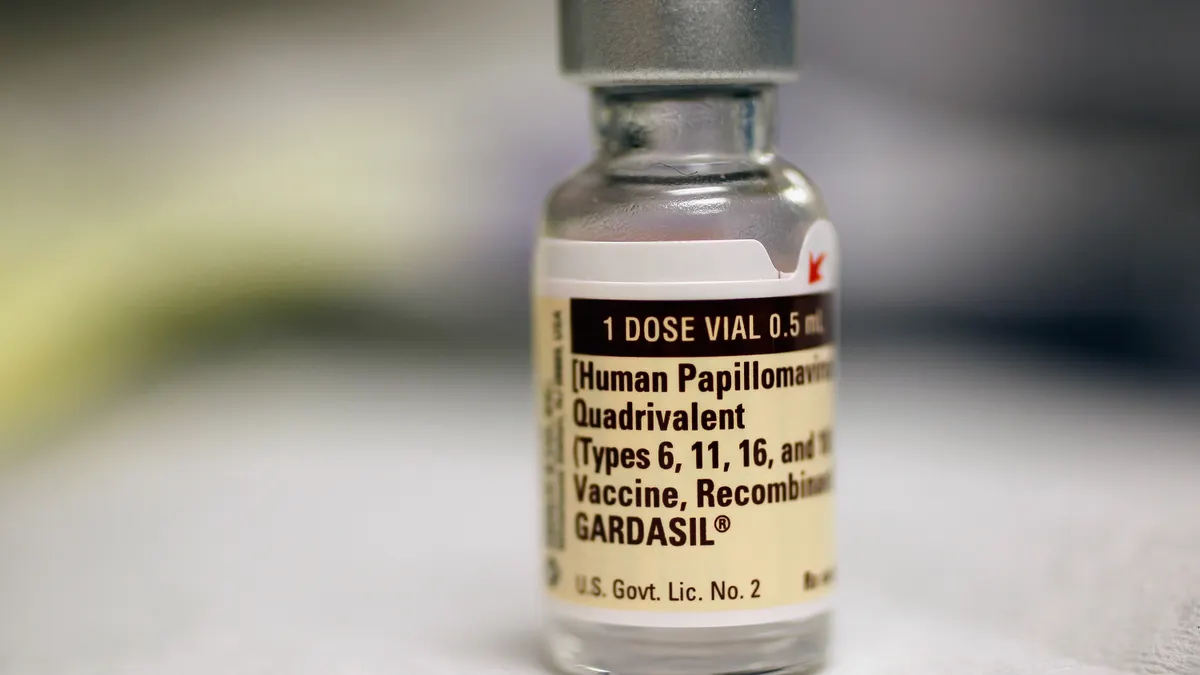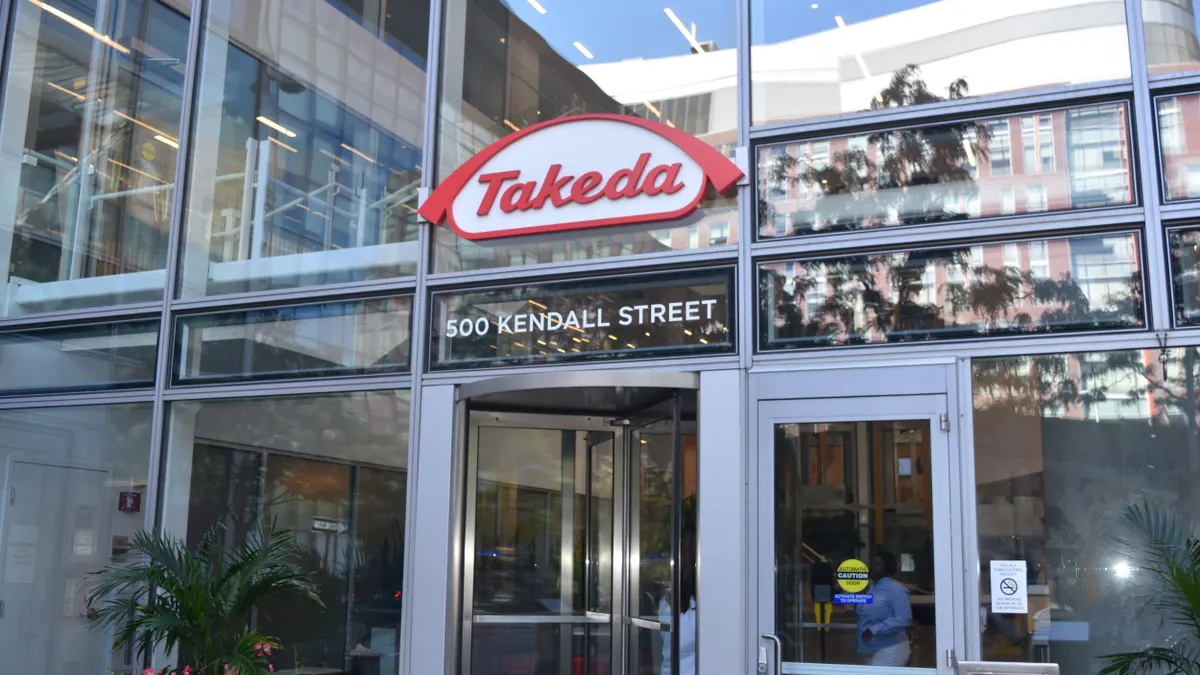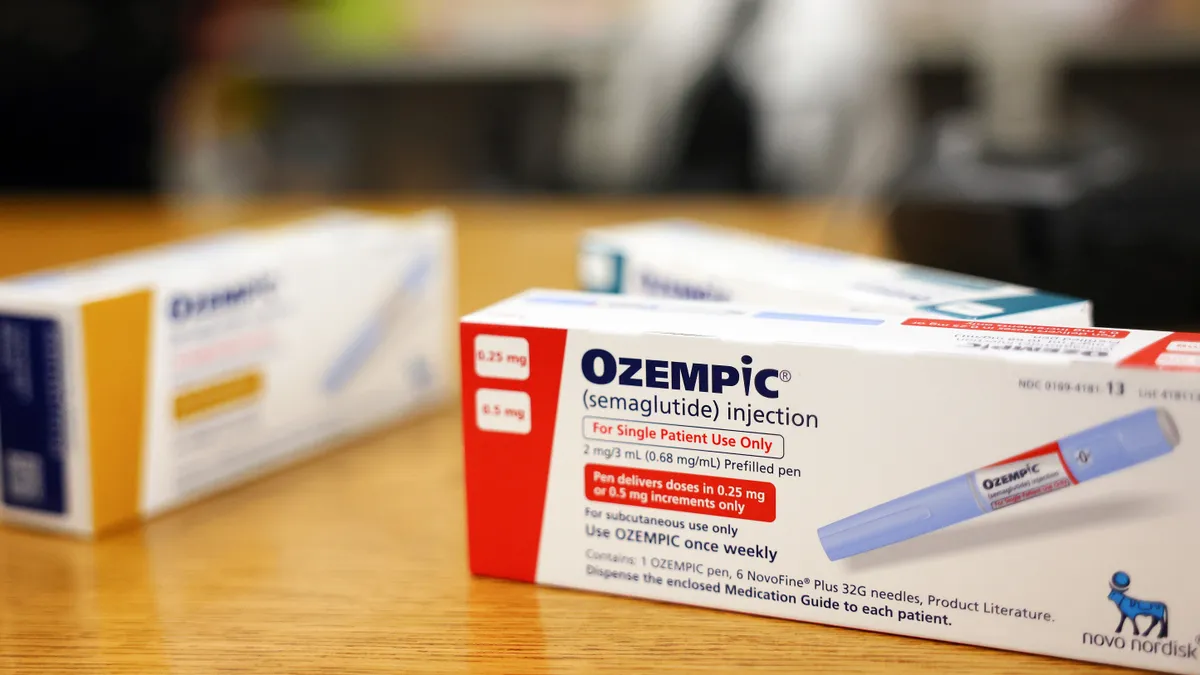Eli Lilly’s new medicine Mounjaro helped overweight people with diabetes lose about 30 pounds on average over an 18-month clinical trial, a significant result that boosts the drug’s chances of winning approval as a weight loss treatment.
The trial outcome, announced by Lilly Thursday, confirm the findings of an earlier trial that included overweight people without diabetes. It is also likely to further raise the popular profile of drugs, such as Novo Nordisk’s Ozempic, that stimulate a hormone known as GLP-1 and have proved dramatically effective at helping people lose weight.
Mounjaro, which stimulates GLP-1 as well as another hormone known as GIP, gained Food and Drug Administration approval to treat diabetes in May 2022. Activating GLP-1 helps raise the body’s production of insulin to control blood sugar.
Lilly had already begun a “rolling” approval application to the FDA for Mounjaro’s use as a weight loss treatment, which it now plans to complete with the new data disclosed Thursday. A decision from the agency could come “as soon as late 2023,” the drugmaker said.
An approval would intensify Lilly’s rivalry with Novo Nordisk, which sells the daily shot Saxenda and a weekly injection called Wegovy for obesity. Ozempic, which contains the same active drug ingredient as Wegovy, is approved only for diabetes, but has been widely used off-label for weight loss.
A big market prize could await the companies, especially if one drug is viewed as more effective than another. Last year, Novo Nordisk reported combined obesity drug sales of about $2.4 billion. On Thursday, Lilly disclosed Mounjaro sales of nearly $570 million in the first quarter from its use treating diabetes.
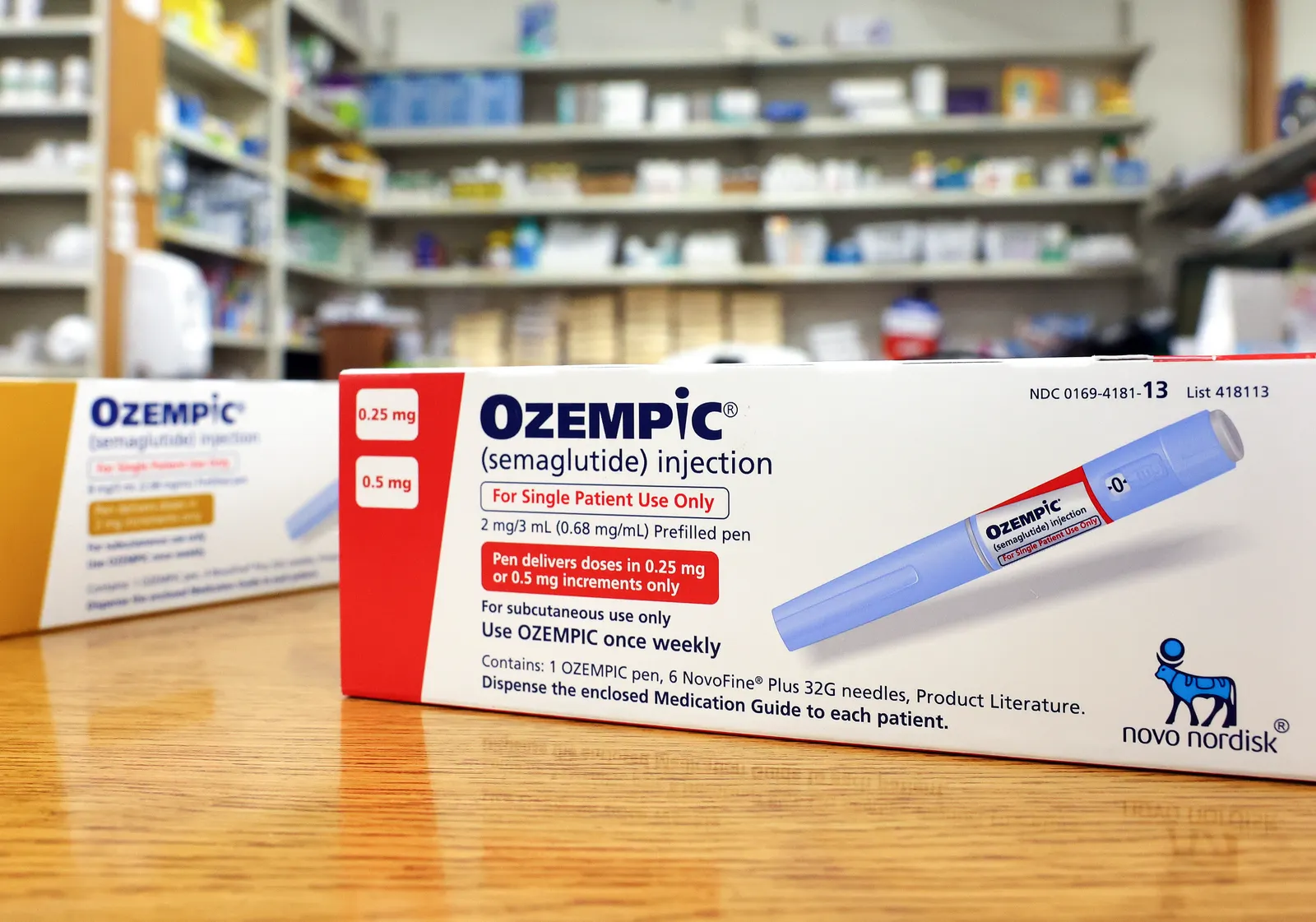
The rapid uptake of the drugs has fueled sky-high sales forecasts for the broader class of GLP-1 drugs. Evaluate Pharma estimates as much as $50 billion in sales by 2028, while Pfizer CEO Albert Bourla recently said his company expects even higher market sales of up to $90 billion by 2030. (Pfizer is developing a GLP-1 drug, too.)
High demand has put pressure on supply. Both Lilly and Novo have run into difficulties making enough of their GLP-1 drugs over the past year. Wegovy supply was limited following manufacturing problems, while interest in Mounjaro following its diabetes launch outstripped Lilly’s production.
Lilly appears confident Mounjaro has an advantage over Wegovy, recently beginning a late-stage study that will directly compare weight loss between people taking either drug. Data are expected in early 2025, according to a federal clinical trial database.
The trial Lilly disclosed results from Thursday, called SURMOUNT-2, enrolled more than 900 people with Type 2 diabetes and a body mass index of more than 27. Participants had to have stable blood sugar levels using diet and exercise or by any oral drug other than GLP-1s or another class called DPP-4 inhibitors.
The study was designed to measure weight loss among participants who received Mounjaro and compare to those given a placebo. Another goal assessed the share of people in both groups who lost at least 5% of their body weight.
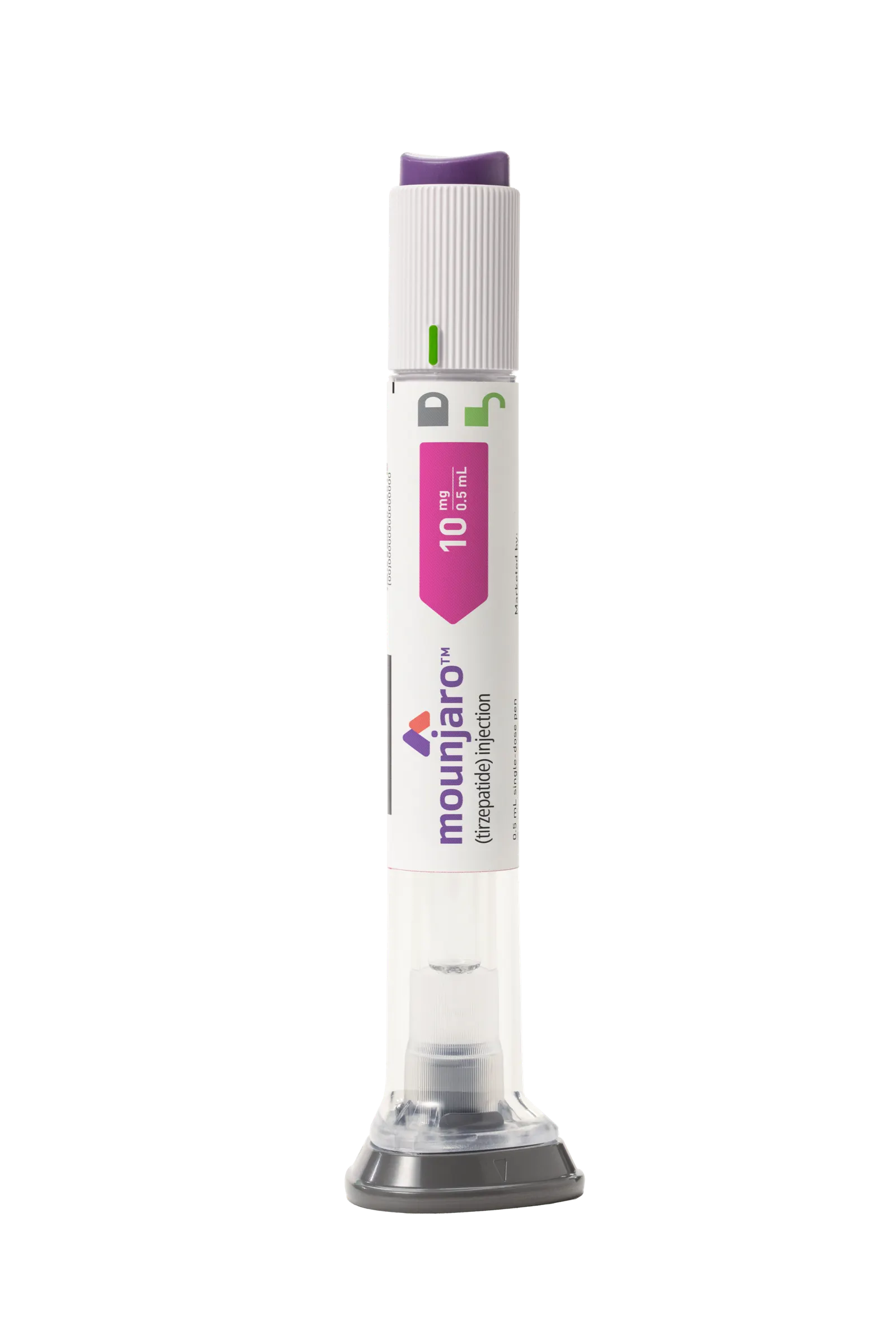
Lilly won on both counts. Participants who took a 10 milligram dose of Mounjaro lost an average of 13.4% of their body weight, or about 30 pounds, while those on a 15 milligram dose shed 15.7% of their weight, or 34 pounds. Trial volunteers who were on placebo lost only 3.3% of their weight, or 7 pounds.
More than 80% of people on either Mounjaro dose lost at least 5% of their body weight, compared to only 30% of those on placebo.
The results are come close to matching findings from Lilly’s earlier SURMOUNT-1 study in obese and overweight people without diabetes, which showed an average of up to 21% body weight loss.
They also compare well to Wegovy, which resulted in average weight loss of up to 16% in testing. While the drugs are likely to be compared, the head-to-head trial Lilly is now enrolling will be a more definitive test of which is superior.
The most common adverse events reported in the trial were gastrointestinal in nature and generally mild or moderate in severity, Lilly said. Participants on the drug experienced nausea, diarrhea, vomiting and constipation more frequently than those on placebo.
Full results from the study will be presented at a medical meeting in June, and submitted for publication in a medical journal, Lilly said.



